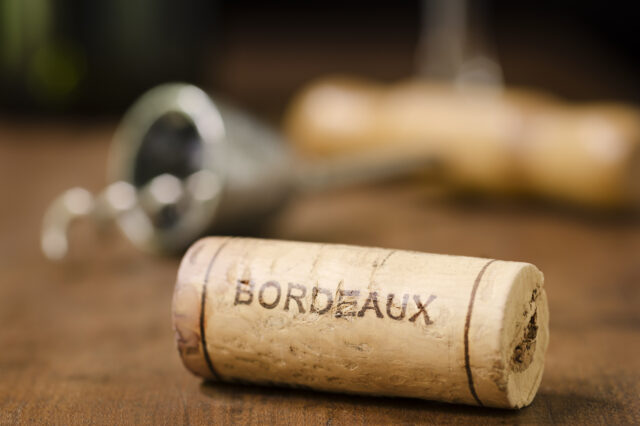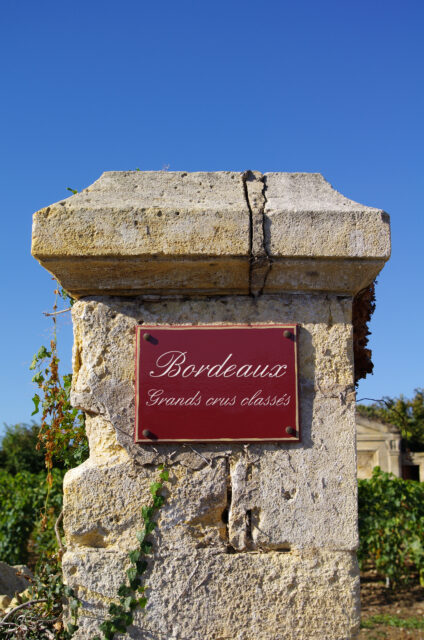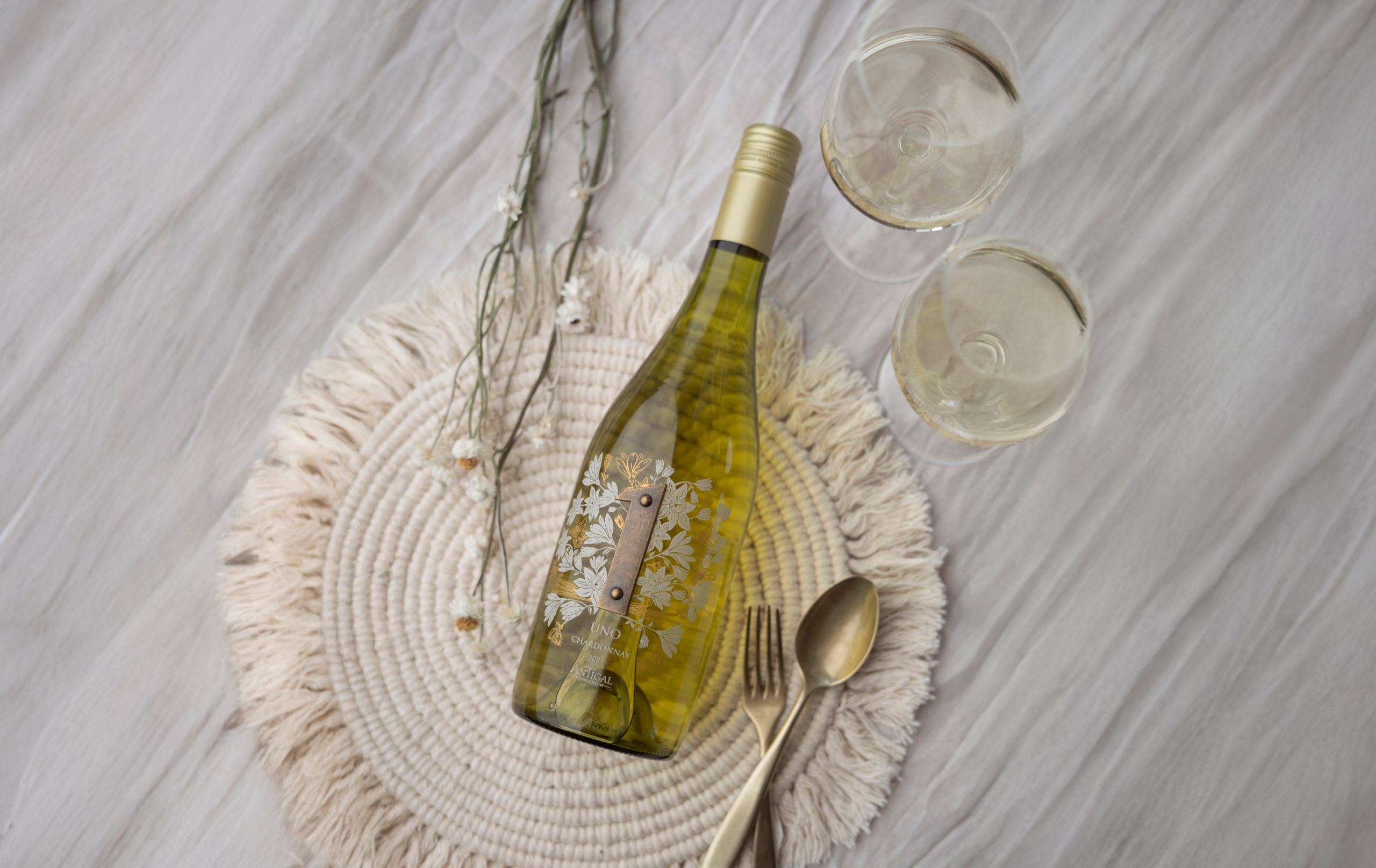Château Lagrange: ‘En primeur samples don’t travel well’
As Bordeaux approaches the date of its 2020 en primeur campaign, at least one château has issued a stark warning against the disadvantages of shipping samples across the world.

In most years, en primeur would usually take place in mid-March, attracting thousands of wine professionals. A physical event is due to take place from 26-29 April.
However, if pandemic conditions worsen, then many are predicting another digital campaign, with samples being sent worldwide.

“A digital campaign is better than no campaign at all, although there are major disadvantages. We sent samples across the world in 2020, but I don’t like this as en primeur samples do not travel well,” said Matthieu Bordes, director of Château Lagrange.
“This is because of the sensitivity of primeur samples and conditions of travelling and pouring. From our experience, some samples evolve a lot in two or three days, and no one tasting – except us – could easily judge the correct quality of them. It could really distort the critic’s impression of our wines,” he added.
Partner Content
In the second half of 2021, Dutch firm Tubes will open a new manufacturing plant in Bordeaux, anticipating a growing demand for small formats. The business currently markets over 5 million 50/100ml plastic and glass ‘test tubes’ every year.
“Many Bordeaux châteaux have already shown an interest in our services,” said founder Glen Ritzen.
“The global pandemic can only fuel more growth and expansion. Wineries are increasingly doing their tastings and workshops via digital channels, which greatly benefits our business model. Shipping smaller formats like test tubes is far more cost efficient than sending 75cl bottles across the world.”
Meanwhile, Bordes has enthused about the quality of the 2020 vintage. “The yield in 2020 was extremely low because of the small quantity of bunches per vine and also the small size of berries,” he said.
“We have seen high levels of concentration; we are also surprised how well the wines are already drinking. They remind us of the 2009 vintage, and are approachable in their relatively early stage of youth.”




